My Rants and Raves

I have the reputation for working too hard. At least that's how my wife sees it. Luckily she's super supportive of my lack of work balance. I am sure if we had kids it would need to change.
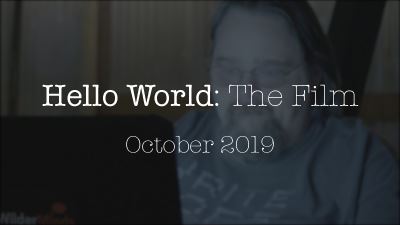
One of the goals of my film is to encourage people that don't necessarily look like me to join the ranks of software developers. Because of this I get asked quite a bit about what are the best skills/framework/platform to learn to get a job in tech.
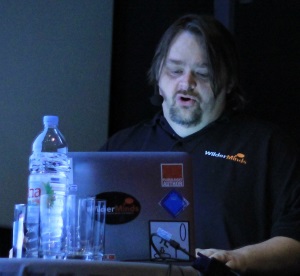
I've had a great time this week attending two events and talking about things I love: .NET and Vue.
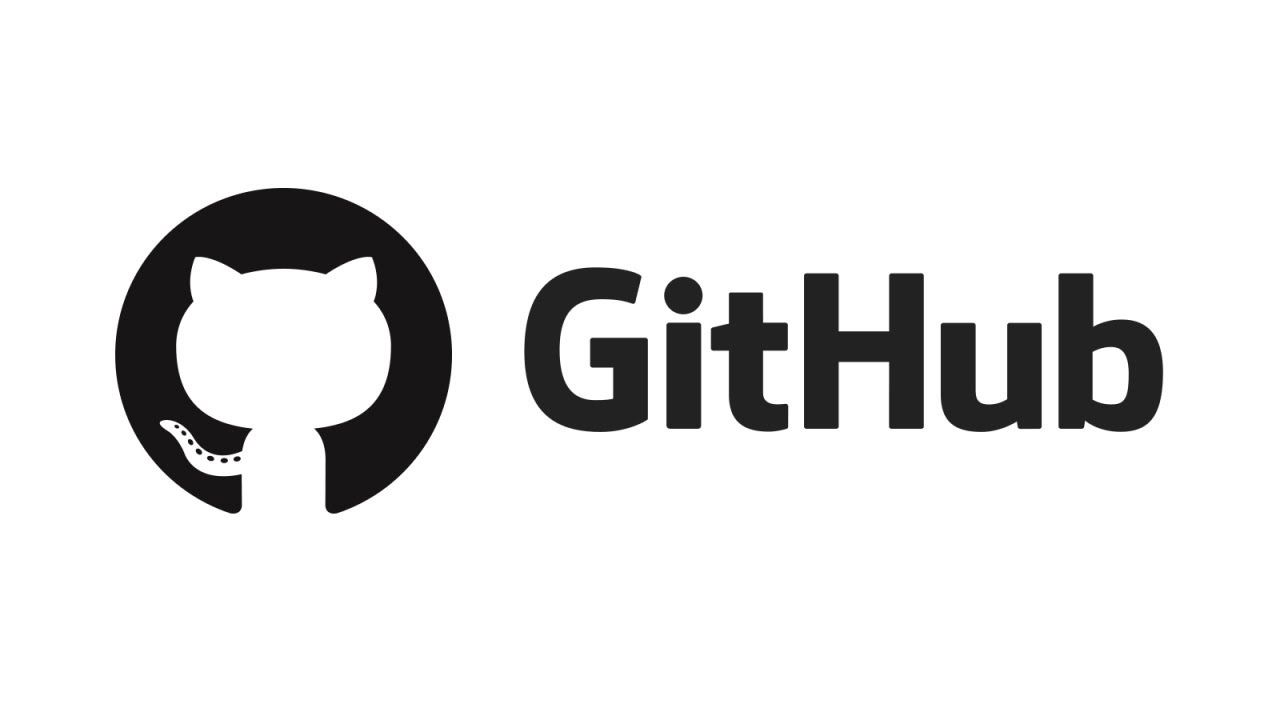
As you might have heard, GitHub has created it's own package registry. On the face of it, it might just feel like an opportunity to get more 'buy-in' into using GitHub, but I think something else is going on.
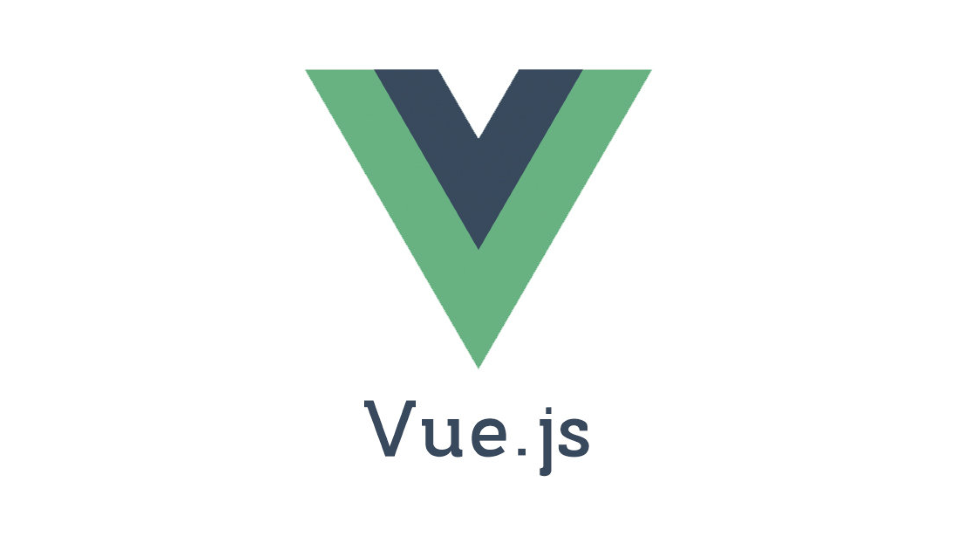
One of the first times I started working with Vue, I was concerned about it's long-term success. I was coming from Angular and their ecosystem is huge.

I've been writing demos for Vue, Angular, and React for my SignalR micro-courses over on my Wilder Minds site. For Angular and React, I started out with the the SPA templates, but I found them confusing and hard to do a minimal example.
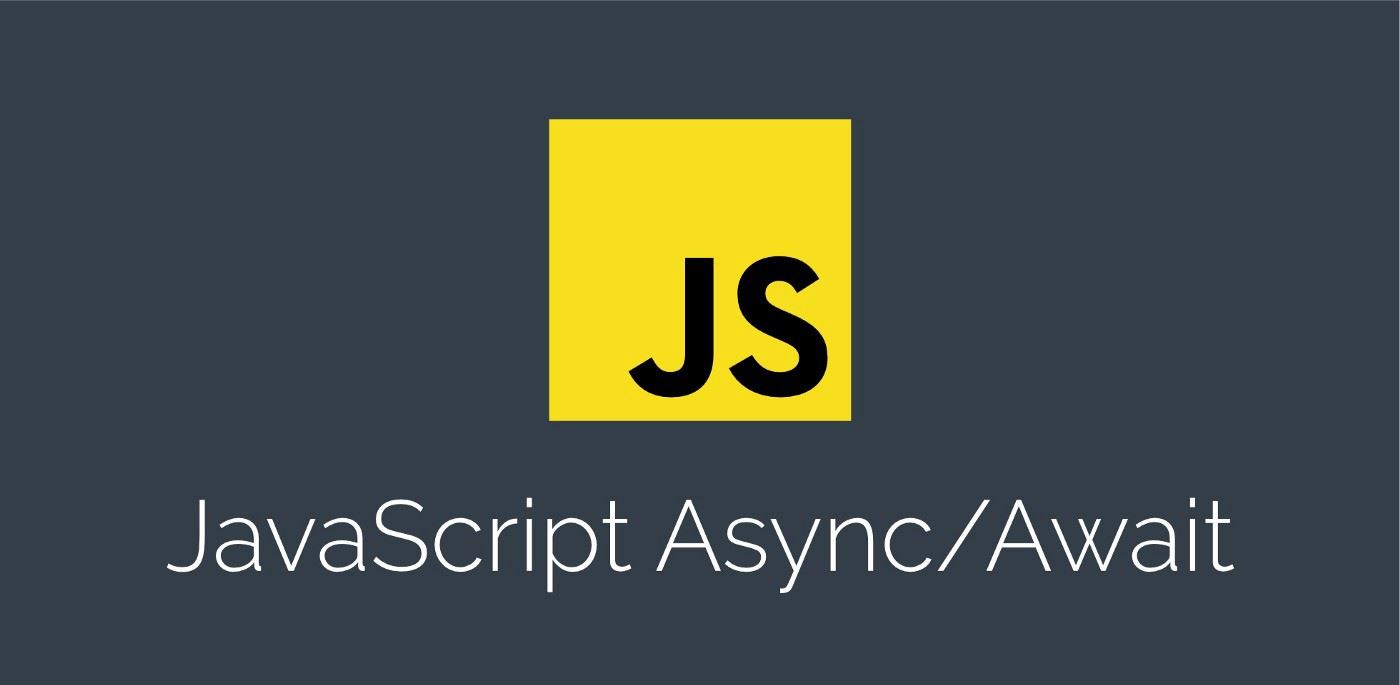
If you're using Vuex for state management in your Vue.js applications, there is a good chance that you need to use async operations (e.g. API calls). I have been doing this a while, but falling back to using Promises in most cases.
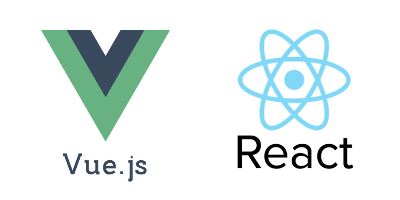
I have to admit, my first experiences with React several years ago were meet with a lot of cynicism. The idea of mixing JavaScript and Markup made me clutch my pearls to the core.

As many of my readers already know, I've become enamoured with Vue.js. Because of this, I've been using it more and more on projects.

If you're building larger scale Vue objects and you're not using Vuex to centralize your state, please stop and go learn Vuex. Really. For those of you still here, sometimes it's helpful to be able to monitor state changes to perform other tasks. For example, to send messages or communicate with servers that aren't about state (e.g. SignalR is a good example). That's where Vuex plugins come in. A Vuex plugin is a simple function that is called once during the setup of a Vuex store. Typically you'd just create the function/arrow function taking an instance of the store:
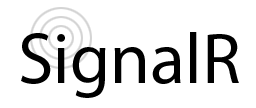
At my training site (Wilder Minds Training), I'm working on a new kind of course for me. I'm calling them Micro-Courses.

I'm back writing again. I've missed it. You'll see more and more articles in different publications from me in the near future.

I had the opportunity to speak at the Atlanta Vue Meetup recently. This was a great group of people who had mostly had experience with Vue.js.

I had a great time presenting to the Atlanta .NET Users' Group last night. I talked about where I think Vue.js.

So it's the new year and I guess I'll join the party with my end of year wrap-up. It's been a big year for me and I'm excited about this next year.

The Vue team has been working hard. Much like Angular, the Vue team has a command-line interface (CLI) to help develop projects with Vue.

After spending most of my time creating online courses, I realized I missed the gratification that I get from face-to-face training. I've decided to do 3-4 workshops a year.

I was reading my newest issue of MSDN Magazine and came across Julie Lerman's great article on how to configure Logging in Entity Framework Core. While this is great information, it only covered logging Entity Framework Core from a non-ASP.NET Core project so I figured I'd explain how to do it in ASP.NET Core.

I had the great fortune of doing a remote presentation for a user group in Saudi Arabia. I showed the basics of ASP.NET Core and I loved the questions from the audience.

As ASP.NET Core 2.2 is now in preview, i've been looking at some of the early features for an update to one of my Pluralsight courses. ASP.NET Core 2.2 includes a number of new features, but this is a feature I really like.

If you're not in the south part of the Netherlands, you might have missed my most recent appearance last night. Great hosts, guests and sponsors make the night and easy and fun talk.
Finally heading home from about a month of conferences! I can't wait to get back to my own bed, but in the mean time I've had a great time sharing talks with a lot of European developers!

Had a great week here in Warsaw! Got to see some great sights and great developers!

I'm in the middle of a road trip for three conferences and it's been an amazing time. Next up is Techorama Netherlands! I am lucky to be asked to speak at so many amazing conferences.